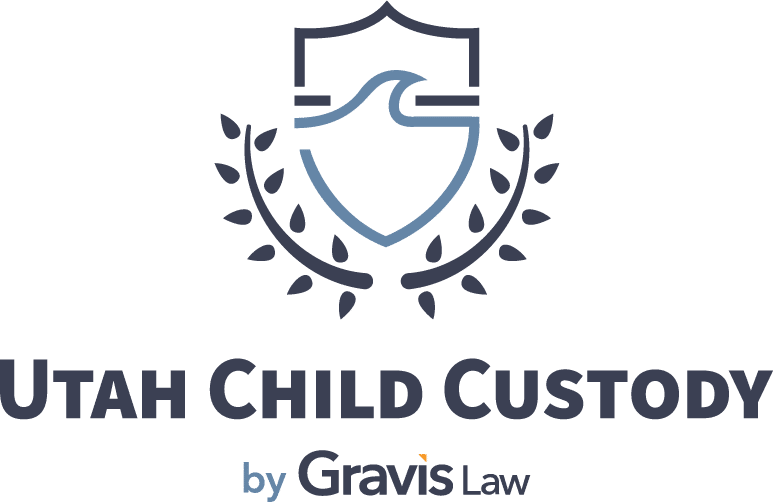
When someone dies, it will be time for their possessions to be distributed. In some cases, it will be allocated based on specific instructions that the deceased person has left in what’s called a last will and testament. If they have left such instructions, they are called testate, but in most cases of death, wills are not made and there are no such instructions. These are called cases of intestacy.
Simply put, if a person dies and does not leave instructions on how to allocate his estate, he is deemed to be intestate and his possessions will be distributed to each successor based on state intestacy laws.
If someone you know has passed and you do not know what to do, give us a call to help you figure out what is rightfully yours. We at Utah Child Custody are committed to protecting what is due to you with the utmost integrity.
What happens when someone dies?
Once someone dies a process called probate happens. This is when everything that the deceased owned is collected and evaluated. This process will identify how these possessions will be distributed. If a person is testate, his will will be evaluated in this step, if not, the allocation will be based on state laws.
It is also important to know that not all assets will be up for probate. According to Utah State Law, the following assets won’t be affected by intestate succession laws:
- Properties that have been transferred to a living trust
- Properties owned with someone else in joint tenancy
- Life insurance proceeds
- Retirement accounts such as an IRA or 401(k)
- Transfer-on-death securities and real estate
- Payable-on-death bank accounts
These will automatically pass to its respective beneficiary or co-owner. In fact, these processes can be used to avoid probate altogether. If that is something you might want to do, talk to one of our probate attorneys today and let us help you figure it out.
On the other hand, these assets will have to undergo probate and will be allocated to the deceased’s heirs by the court:
- Real property owned solely by the decedent
- Personal property like household items
- Cars solely owned by the decedent
- Banks accounts solely under the decedent’s name
- Art and other collectibles
- Coins and coin collections
- Contents of a safety deposit box
- Brokerage accounts and life insurance policies that list the decedent or the decedent’s estate as the beneficiary
- Interests in partnerships, corporations, and companies
Who gets what in Utah?
According to Utah State law, a kin must be able to outlive the decedent by 120 hours to qualify as an inheritor to the decedent’s estate. This means that if a decedent gets into an accident with his spouse and they both do not survive, the spouse will not legally be an heir.
After this period, Utah State law will then dictate what portion of the estate is due to the surviving heirs in cases of intestacy. Here is an overview:
| If a person dies with... | Then the... |
| A spouse but no descendants | Spouse inherits everything. |
| A spouse and descendants with that spouse | Spouse inherits everything. |
| A spouse and descendants with another individual | Spouse inherits $75,000 and ½ of remaining estate. Descendants inherit the other half. |
| Children but no spouse | Children inherit everything. |
| Parents but no spouse and descendants | Parents inherit everything. |
| Siblings, but no spouse, parents, and descendants | Siblings inherit everything. |
This is a summary of the simple cases of intestacy, but there may be cases wherein the grandparents or even the great-grandparents and their descendants might be involved. This area of the law can be really messy and complicated, give us a call and we’ll help you figure out what is rightfully yours.
Spouse’s Share in Utah
In general, the intestate decedent's surviving spouse will inherit the entire estate if all the decedent’s descendants are the descendants of that spouse as well. That is, a man’s wife will inherit his entire estate if all of the man’s children are hers as well.
If, however, the deceased also has children with someone else, the spouse shall receive the first $75,000 of the estate and then ½ of the remaining balance while the other descendants inherit the other half. This initial $75,000 includes all nonprobate properties which will be considered as an advancement to what the spouse is due. If its value exceeds what he is due, he will no longer receive anything from the probate estate.
Children’s Share in Utah
If a child is the offspring of the deceased and his spouse and the spouse is still alive, he will not receive anything since the spouse will receive the entire estate. This covers anyone who is considered a legal child of the decedent including adopted children, posthumous children that survive 120 hours after birth, children born during the decedent’s wedding, and children born outside of marriage that are acknowledged to be the decedent's offspring and/or if the deceased’s paternity is proven by Utah law.
Excluded from this are children who are not legally yours including foster children and stepchildren that have not been legally adopted as well as children that have been placed for adoption and have been adopted.
No Taker
State laws will try as much as it can to redirect a decedent’s estate to his descendants, however distant. But, if there really is not a distant relation to be found, the estate will be acquired by the state and will be used on the state school fund.
Here at Utah Child Custody, we are dedicated to upholding your rights and bringing to you what is due to you. If one of your loved ones has passed and you need help figuring out what is yours by law, or if you need help preparing for your passing, don’t hesitate to consult with us.
